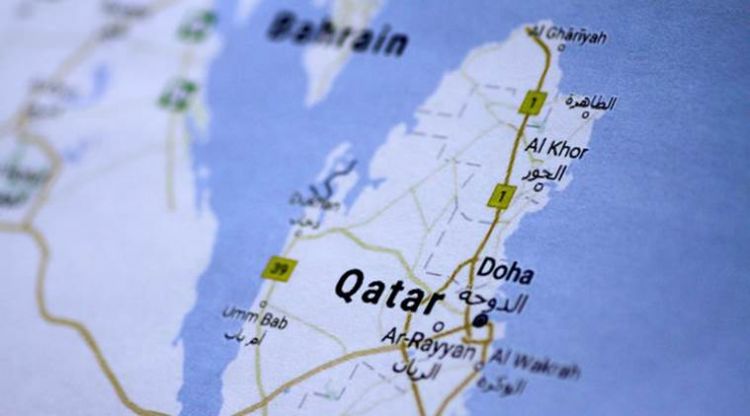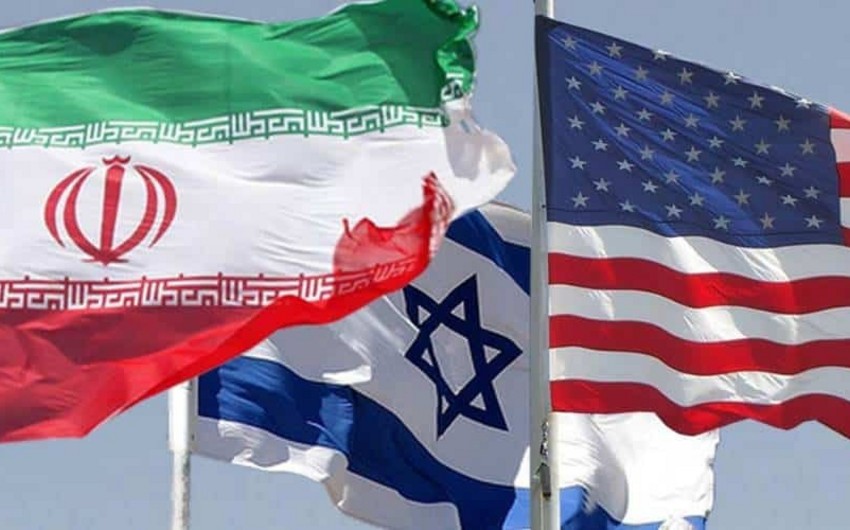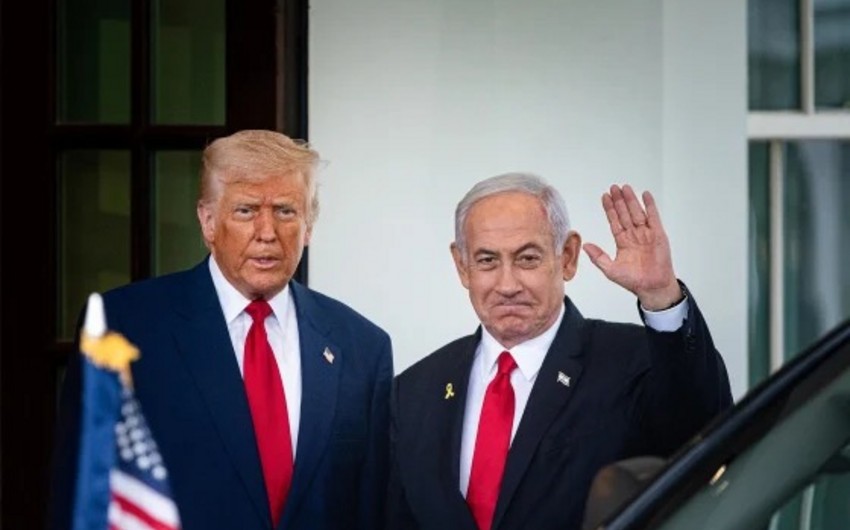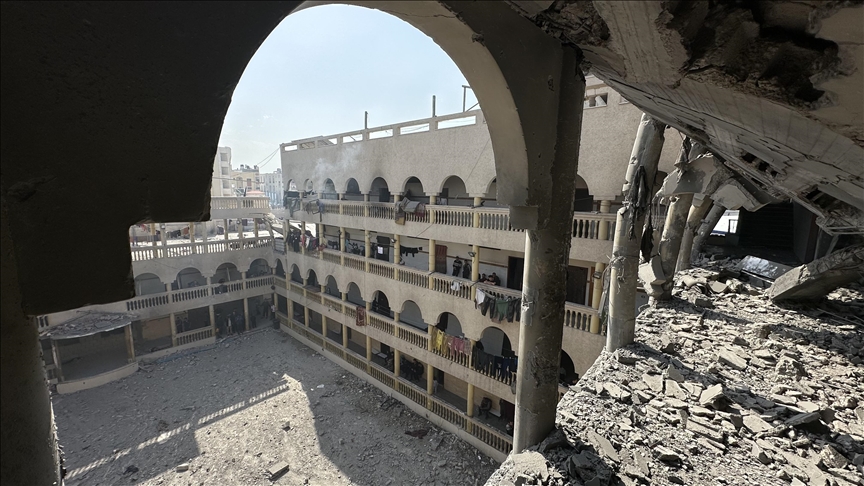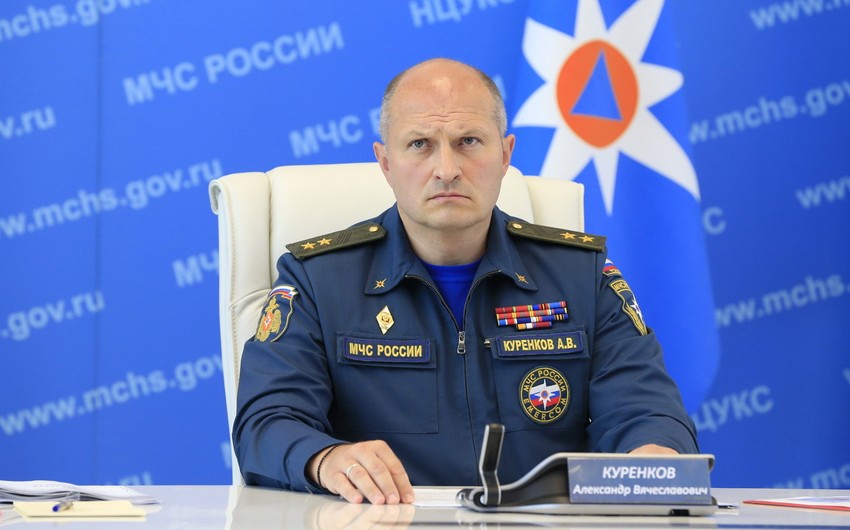Qatar has faced pressure that is promoted by four Gulf States - Saudi Arabia, Bahrain, United Arab Emirates, Yemen and other Arab states-Egypt and Libya. Diplomatic relations were stopped and borders, airspace were closed with Qatar. Tensions between members of GCC, beside Oman and Kuwait are expected to entail some problems in the Gulf region.
Islam Hassan, Research Analyst at the Center for International and Regional Studies, Georgetown University in Qatar gave exclusive interview to Eurasia Diary. Previously, he had served for the College of Arts and Science, and the Gulf Studies Research Center at Qatar University. As a critic and scholar, his work centers around Persian Gulf studies, and comparative politics and international relations of West Asia and North Africa.
Eurasia Diary: Saudi Arabia and other Arab states have decided to deteriorate all relations with Qatar, as Qatar is accused of supporting terrorist groups in Syria, Egypt and Yemen. From point of your view, how this decision will affect Qatar and region?
Islam Hassan: With regards to Qatar, the severing of diplomatic ties impacts the country in three distinct ways. First, the severing of diplomatic ties was coupled with closure of border-crossing, airspace, and maritime navigation. This has impacted the flow of goods and services, especially in terms of food supplies and water supplies. Although the country was able to find alternative sources for its food and water demands, but now these alternative ways are definitely not efficient. Second, the closure of airspace also hit Qatar Airways' business hard. Qatar Airways, a flagship of Qatar, used to operate 18 flights every day to Saudi Arabia, UAE, Bahrain, and Egypt, which makes up almost 18 percent of the airline’s seating capacity. In addition, the airlines had to divert almost all its flight from flying over the aforementioned countries, which have led to an increase in the durations and costs of flights; and in return huge loss in revenues. Third, there are significant amount of trade transactions between Qatar and the parties in conflict. These transactions were stopped by the closure of borders, airspace, and maritime navigation, which impacts businesses relying on these transactions.
The severing of diplomatic ties also impacts the region in three ways. First, Saudi Arabia, UAE, and Bahrain have been forming a bloc within the GCC whose interests are in conflict with those of Qatar, while Kuwait and Oman represent a non-alignment bloc in the GCC. There is no doubt that the division between the GCC member states is now deeper than ever before, will continue to grow deeper. Second, the lack of confidence between the leaders of the GCC is greater now than ever before, and will only grow more. Third, given that families and tribes in the Gulf have branches in more than one country, the restriction of mobility has obstructed GCC nationals from visiting their families in other GCC countries, and prevented them from performing their religious ritual of pilgrimage in Ramadan. Thus, GCC nationals’ trust in the GCC as a successful integration model will be impacted after restricting their free mobility, and this scar will remain post resolution.
Eursia Diary: Some experts regard that the only reason in the tension between Qatar and other Arab states is related to the normalization of Qatar’s relations with Iran? What can you say about this?
Islam Hassan: I disagree that the normalization with Iran is the only reason. There is no doubt that normalization with Iran is a factor, but there are more significant factors. Starting from 2000 and ahead, Qatar has been pursuing an independent foreign policy that at times clash with the Saudi strategic interests in the region. The fact that Qatar has not been toeing the Saudi foreign policy, and dealing with states and non-state actors that the Saudis do not approve of have caused this tension in relations over the past couple of years, mainly after the Arab uprisings. This tension was revived by the hacking saga of Qatar News Agency and the statement that was attributed to Sheikh Tamim bin Hamad, which Qatar falsified later. This happened at a time Mohamed bin Salman is facing competition from Mohamed bin Nayef over the Saudi throne. Mohamed bin Salman tried to have the US blessing during Trump’s visit to Saudi to force Qatar to its knees, and go back home with a win that would give him more popularity in Saudi Arabia, easing his journey to power.
With regards to UAE, there has been always competition between al-Nahyans of Abu Dhabi and al-Thanis of Qatar. This competition goes back to the 1800s. The Arab uprisings ushered a new chapter in the Qatari-Emirati competition. The competition led to the Emiratis playing a major role in the withdrawal of ambassadors from Qatar in 2014. At the beginning of the current diplomatic crisis, particularly after the hacking saga, UAE was trying to maintain the problem. Yet, Aljazeera’s publishing of Yousuf al-Otaiba’s leaked emails got the UAE on board with Saudi Arabia.
In sofar as Bahrain is concerned, the small Kingdom has been toeing the Saudi foreign policy for the past couple of years. It seems that their severing of ties with Qatar was mainly an answer to a Saudi call.
Egypt has had troubled relations with Qatar for many years, except of Mohamed Morsi’s period in power. The Egyptian government has seen Qatar as a source of instability. The Egyptian regime also sees that Qatar challenges its rule by financing the Muslim brotherhood, and other organizations, which the regime has outlawed and consider terrorist organizations. Thus, the Egyptian regime has been trying to push back on Qatar by any means. The current issue between the Saudi bloc and Qatar seemed to be an opportunity to put pressure on Qatar to stop financing the Muslim Brotherhood, its affiliates, and supporters, and to support the Sisi regime.
With regards to Libya and Yemen, the two countries do not really have much sovereignty at the current moment. They are extremely vulnerable due to the civil wars they are going through. Thus, supporting Saudi Arabia, which is the regimes’ patron, in this crisis is their only option.
Eurasia Diary: President Trump called the King of Saudi Arabia to urge Gulf States to isolate Qatar. How do you think, the king of Qatar will try to get himself far away from the United States and be close ally with Russia and Iran?
Islam Hassan: President Donald Trump did not ask King Salman to isolate Qatar, but in fact asked for the GCC countries to remain united. Although President Trump's tweets reassured his blessings for putting pressure on Qatar, we have seen other US officials and President Trump himself reiterating that the US-Qatari relations will remain viable. They also stressed that the US has no plans to relocate its military base, which is hosted by Qatar.
With regards to closely allying with Russia and Iran, this will not happen. The US will remain Qatar’s main ally. Having said that, one has to note that hedging is a principal tactic in Qatari foreign policy. In other words, at the time Qatar bandwagons with the US, it will maintain delicate relations with Iran and Russia, making them neither enemies nor best buddies.
Eurasia Diary: The Emir of Kuwait and the leader of Turkey said that they are ready to mediate in the solution of dispute between Qatar and other Arab states. What is your opinion about this?
Islam Hassan: President Erdogan cannot play a mediating role in this conflict. The countries in conflict with Qatar do not trust President Erdogan to a great extent, and do not see him as a neutral party. Also his support to the Muslim Brotherhood, which is perceived by UAE, Egypt, Saudi Arabia, and Bahrain as a terrorist organization that challenges their regime stability, will stand in his way to mediate. With regards to the Emir of Kuwait, there is no doubt that he has the capabilities and capacity to mediate and solve the problem, along with Oman to a certain extent. Sheikh Sabah al-Sabah has shown in the past couple of years a success in mediating between the GCC countries, and all parties see him as a neutral and capable mediator. Thus, we will see him playing a very significant role in the next couple of days in solving the crisis at hand.

